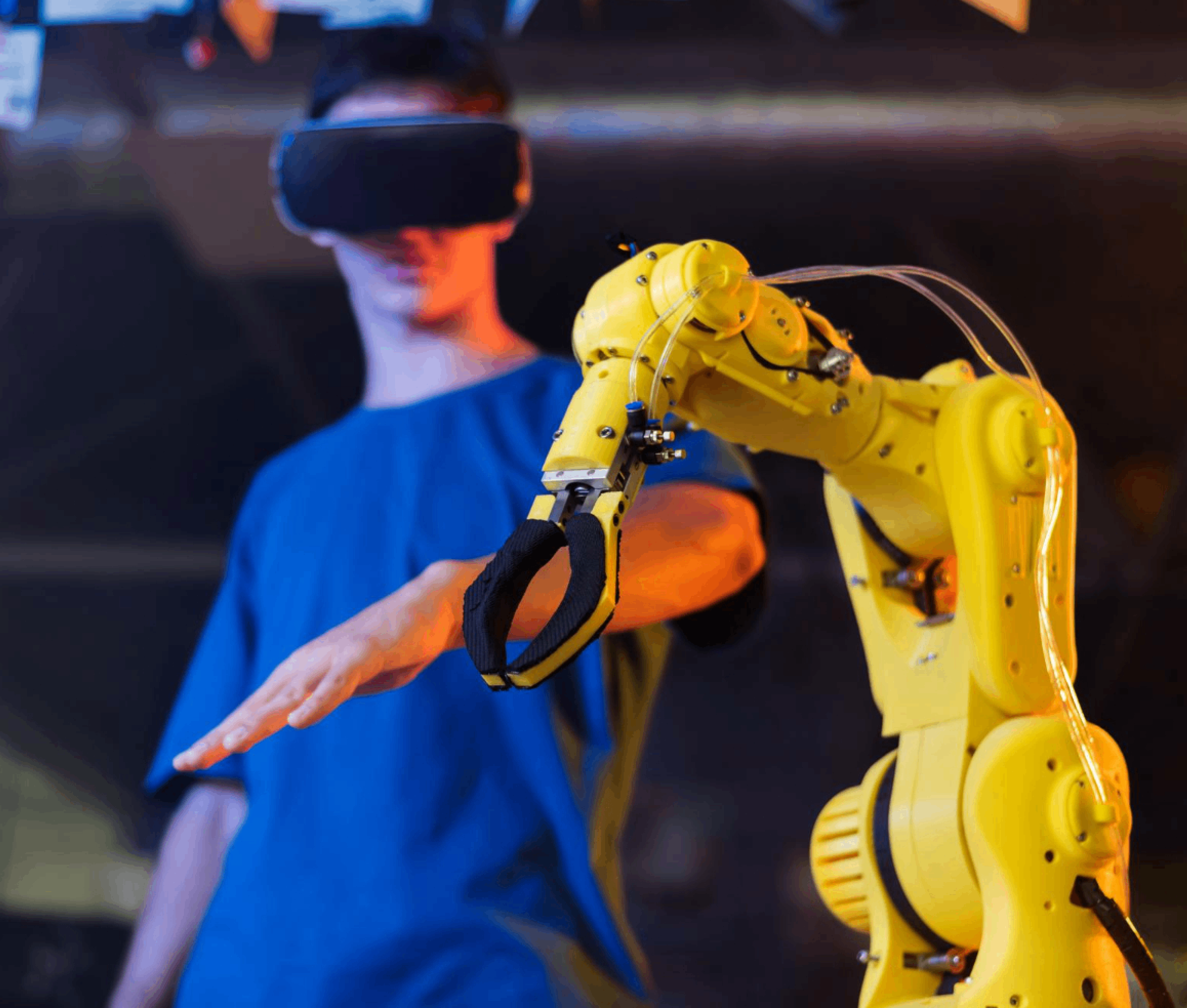

Table of Contents
Learn about AI and ML business use cases and how machine learning in business enhances decision-making as well as innovation.
By the time you read this, this article may already be outdated. That is the pace at which new developments and strategies are emerging in the world of Artificial Intelligence (AI) and Machine Learning (ML).
We've come a long way since Alan Turing published Computer Machinery and Intelligence, which suggested we test computer intelligence via "The Imitation Game," or when Arthur Samuel, the pioneer in machine learning in business, developed a program that learned to play checkers independently.
We've also come a long way since the program Deep Blue won a chess match against Gary Kasparov in 1997. And even though it's only been a couple of years since OpenAI's GPT-3 Deep Learning was tested to create code and even write poetry, or DALL-E developed the ability to process images to produce accurate captions (a way to understand the visual world), the pace of advancement gets quicker every moment.
The best way to keep track of the evolution in these areas of technology is to watch the trends, stay abreast of what experts are predicting, and understand that the sky's the limit.
It's a Big Data world, and AI and ML business use cases demonstrate their ability to analyze massive blocks of data swiftly and without error, improving efficiency across both business practices and personal lives.
AI and machine learning in business are now intertwined in healthcare, manufacturing, retail, engineering, banking and finance, education, and more. Your Netflix account knows what films to suggest based on your preferences.
Financial institutions are predicting market trends to maximize profit on investment. Scientists are scouring space for new planets. Chances are AI and ML are already at work in your life.
Machine learning in business is also helping systems adapt to an ever-changing world, offering innovations like self-driving cars, route redirection in traffic, or the rise of AI assistants.
It is exactly what it sounds like. Neural networks are advanced algorithms modeled after the human brain. Deep learning is the part of machine learning in business that uses neural networks to analyze patterns in data that less advanced algorithms would miss. Deep learning has powered rapid evolution in image recognition and Natural Language Processing (NLP).
Two advancements in Deep Learning are via CNNs (convolutional neural networks) and RNNs (recurrent neural networks).
CNNs (also known as ConvNets) recognize and analyze images and have spatial learning capabilities. They're used in image classification and segmentation, object detection, facial recognition, analyzing medical imagery, security camera systems, and also self-driving cars.
RNNs are usually built with chain-like architecture enabling them to process sequential data like speech. They understand context along with speech recognition and NLP. RNNs use feedback loops akin to a 'memory' of previous data. RNNs are used in grammar learning, music composition, predictions in medical care pathways, AI in business management, robot control, and more.
CNNs and RNNs drive several innovations within AI and ML business use cases, especially those applications that understand, interpret, and even generate human speech and language. Voice recognition, translation, and conversational AI are all results of these emerging technologies.

Everyone knows at least one person who has been 'hacked' recently. Cybercriminals constantly evolve their ways to commit fraud. AI in business management is being used to recognize common forms of fraud via anti-virus software while businesses use cybersecurity tools to examine their own networks for risks or potential breaches.
Not everyone is a computer engineer who can create AI models or understands machine learning in business intricacies—but AI will democratize technology further by enabling users to create specific machine learning models without technical expertise.
As technology advances rapidly within AI and machine learning in business, so does the conversation about responsible behaviors regarding data usage.
What are some examples of AI applications in business management?
Examples include predictive analytics for market trends, personalized customer experiences through recommendation systems like Netflix suggestions, fraud detection systems for financial institutions, and automated processes such as chatbots powered by AI in business management.
How do AI and ML improve efficiency across industries?
By analyzing massive datasets swiftly without error, AI and ML business use cases enhance decision-making processes across healthcare, manufacturing, retail, education, banking, etc., making operations faster and more accurate.
What role does machine learning play in self-driving cars?
Self-driving cars rely heavily on deep learning algorithms like CNNs for image recognition and RNNs for real-time navigation decisions—key components within machine learning in business innovations.
Why is ethical AI important for businesses?
Ethical considerations ensure responsible usage of data while maintaining trust among consumers—a critical aspect as businesses integrate more AI in business management solutions.
How can businesses benefit from AI-powered cybersecurity?
Businesses can leverage advanced fraud detection systems powered by AI and ML to identify risks proactively while securing sensitive information against evolving cyber threats.